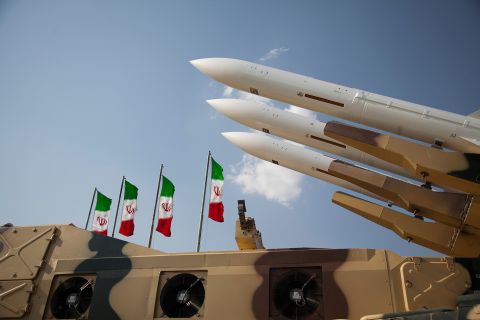An editorial in today's Miami Herald lambasts Venezuelan President Hugo Chávez for trying to prevent collapse of the country's strained infrastructure with energy advisors from Cuba ("Venezuela heads toward disaster," 9 Feb. 2010). Venezuela is rich in natural resources but petroleum production has plummeted in the last decade under Mr. Chavez' leadership. According to the US Energy Information Administration (EIA) figures from 2007, Venezuela had the second largest proven oil reserves in the western hemisphere-99.4 billion bbl-after Canada (178.1 billion bbl).
In 2007, the country had net oil exports of 1.9 million barrels per day (bbl/d), seventh-largest in the world and the largest in the Western Hemisphere...[but] crude oil production in the country has fallen, mostly due to natural declines at existing oil fields.Industry experts estimate that Petroleos de Venezuela S.A. (PdVSA), the country's state-run oil and natural gas company, "must spend [US] $3 billion each year to maintain production levels at existing fields, as many of these fields suffer annual decline rates of at least 25%" (EIA). But PdVSA’s ability to reinvest in infrastructure and field maintenance is stymied by the increasing demands placed upon its finances by the government [not unlike Mexico]. The Miami Herald author writes, "The problem with PDVSA, the oil company, as Venezuelans well know, is that Mr. Chávez turned it into a sinecure for political cronies, destroying its once admirable efficiency and productive value. Only by putting the experts back in charge can it hope to recover." Mr. Chávez has cultivated a close relationship with Cuba since coming to power, and has increased shipments of crude oil in exchange for the services of Cuba's well-trained doctors (highly regarded by many in the US) and other advisors. Now Chávez has invited Cuban advisors to help solve Venezuela's energy crisis. Presumably this includes electricity, power generation, and oil production. ("Chavez turns to Cubans for help with energy crisis," 3 Feb 2010) I applaud Cuba's movement to explore its offshore resources but it is still a fledgling effort, and coupled with the island country's own electricity crisis and continuing blackouts, does not constitute the depth of experience necessary to plan or critique energy policies in Venezuela. Fixing the South American country's large and well-established petroleum industry requires more expertise than the Cubans are likely to deliver. The editorial also notes that Mr. Chávez has "spent $6 billion to buy weapons from Russia, and provided covert support to the terrorist Revolutionary Armed Forces of Colombia (FARC)." Neighboring Colombia has a long history of oil exploration, recently improving and attracting considerable foreign investment. The country is reportedly safer for travel and business than it has been in decades. If the allegations of Venezuela supporting the FARC are true, one wonders why President Chávez would deliberately antagonize and attempt to destabilize its neighbor to the west. Surely Colombia could provide more knowledgable technical industry advisors than Cuba?
Recommended Reading
OPEC+ Working on Complex Oil Cut Extension Deal for 2024-2025, Sources Say
2024-05-30 - The OPEC+ deal might include extending some or all of the current voluntary production cuts of 2.2 MMbbl/d.
Kissler: Mideast Tension Elevates Crude Prices—But for How Long?
2024-05-09 - Producers should be aggressive in locking in desirable crude oil prices on an abnormal market strength.
What's Affecting Oil Prices This Week? (June 10, 2024)
2024-06-10 - Stratas Advisors says the latest EIA report illustrates that U.S. production growth has stagnated with U.S. oil production remaining at 13.1 MMbbl/d, which is unchanged from the previous 12 weeks.
Oil Settles Slightly Up on Forecasts for Strong Global Demand
2024-06-11 - Oil prices edged up to settle slightly higher on June 11 as the U.S. Energy Information Administration raised its global oil demand growth forecast for the year, while OPEC stuck to its forecast for relatively strong growth in 2024.
What's Affecting Oil Prices This Week? (June 3, 2024)
2024-06-03 - For 2024, Stratas Advisors says increasing supply will be more challenging unless U.S. producers start ramping up their capital expenditures and drilling programs beyond their current plans.



